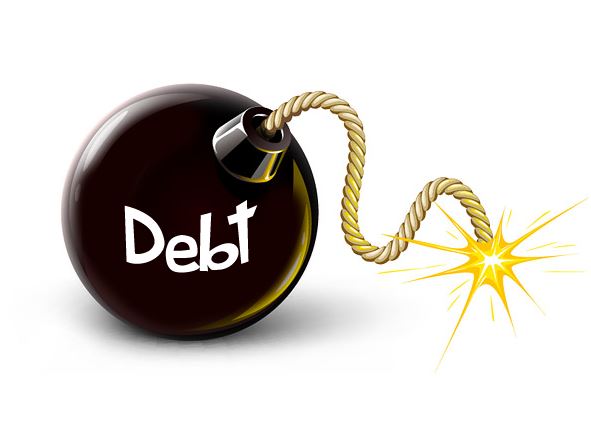×
The Standard e-Paper
Kenya’s Boldest Voice

Kenya went to China and came back without the Standard Gauge Railway loan but weeks later, the Treasury is now in London and America trying to secure a third Eurobond.